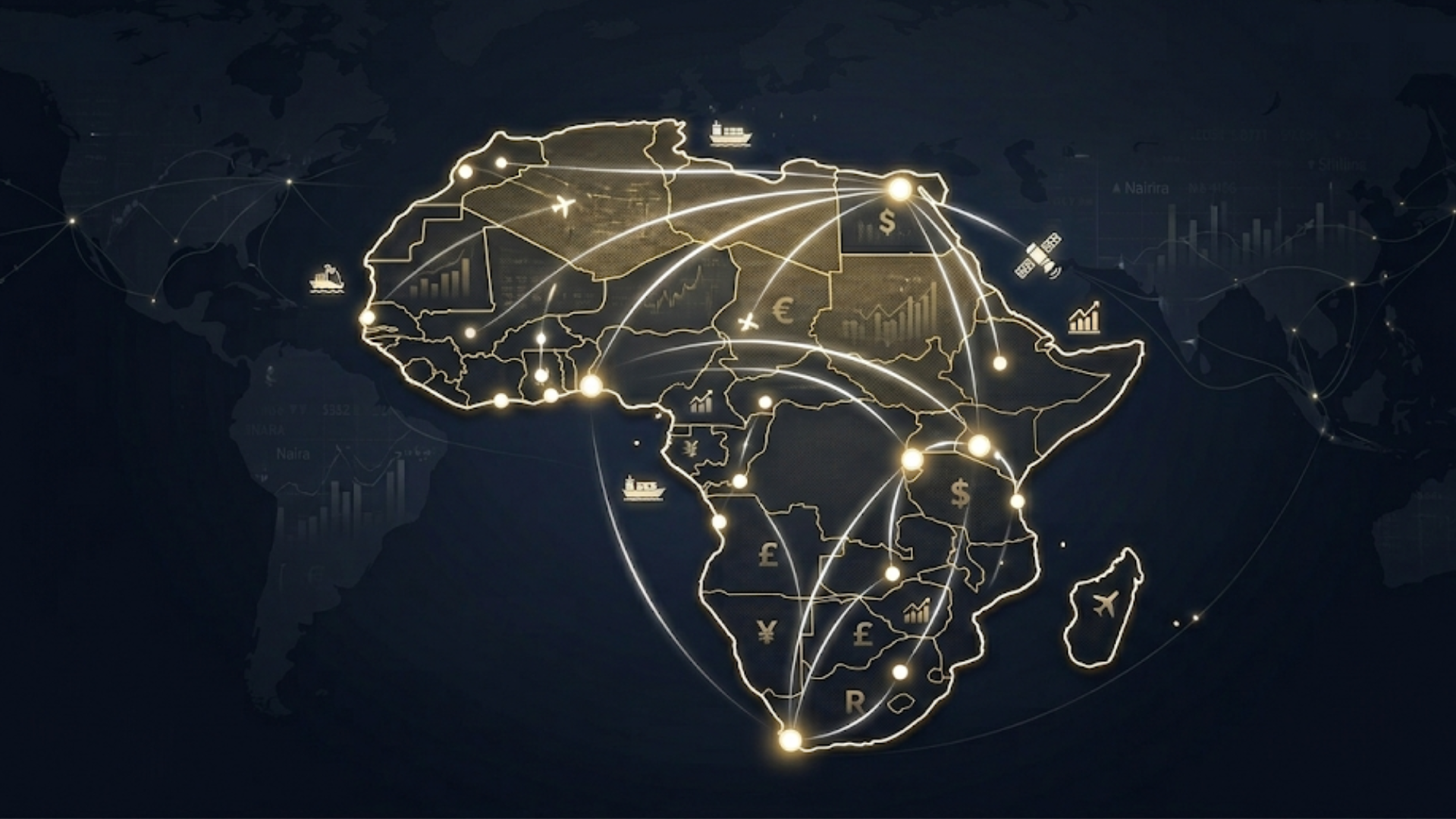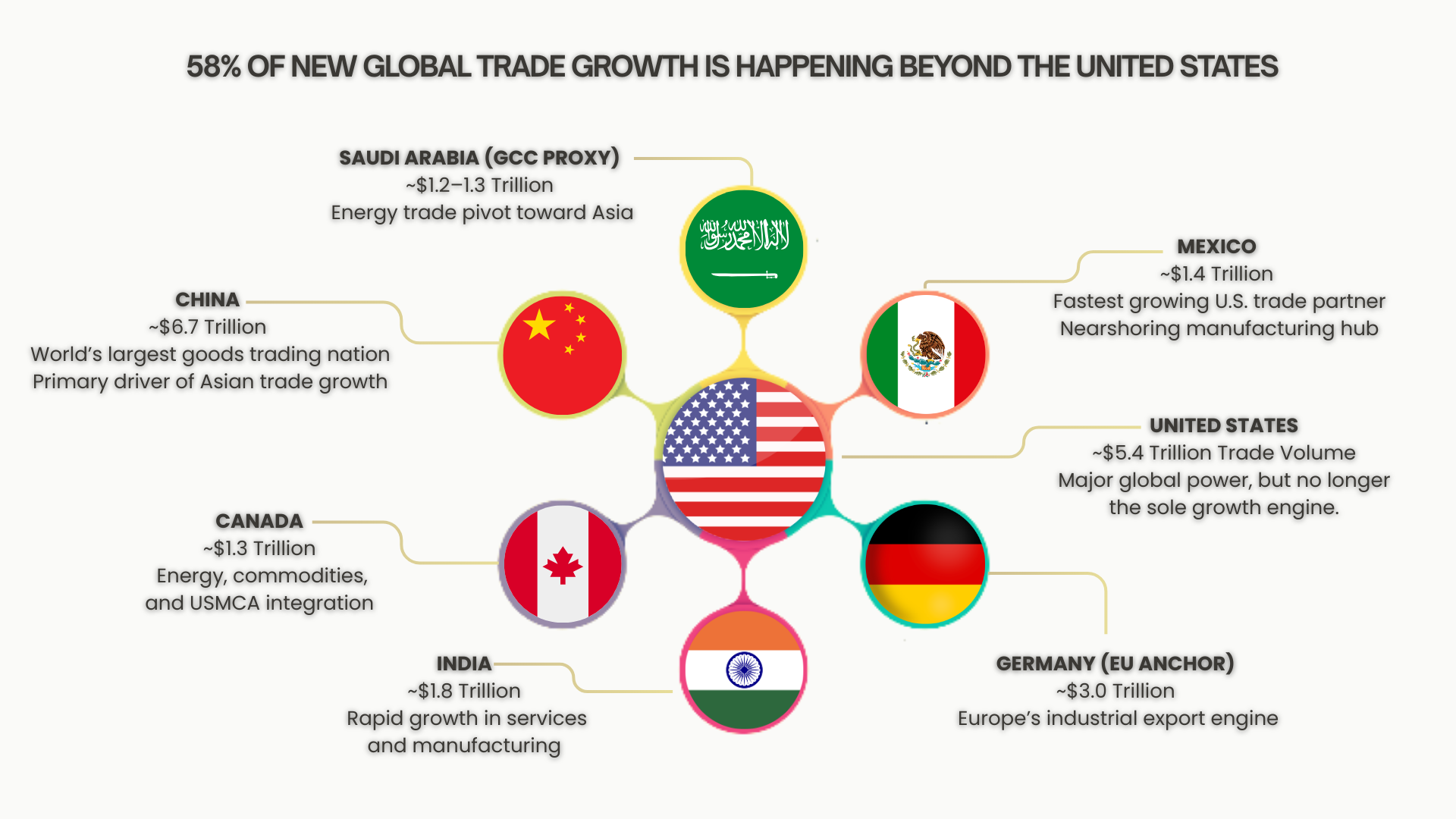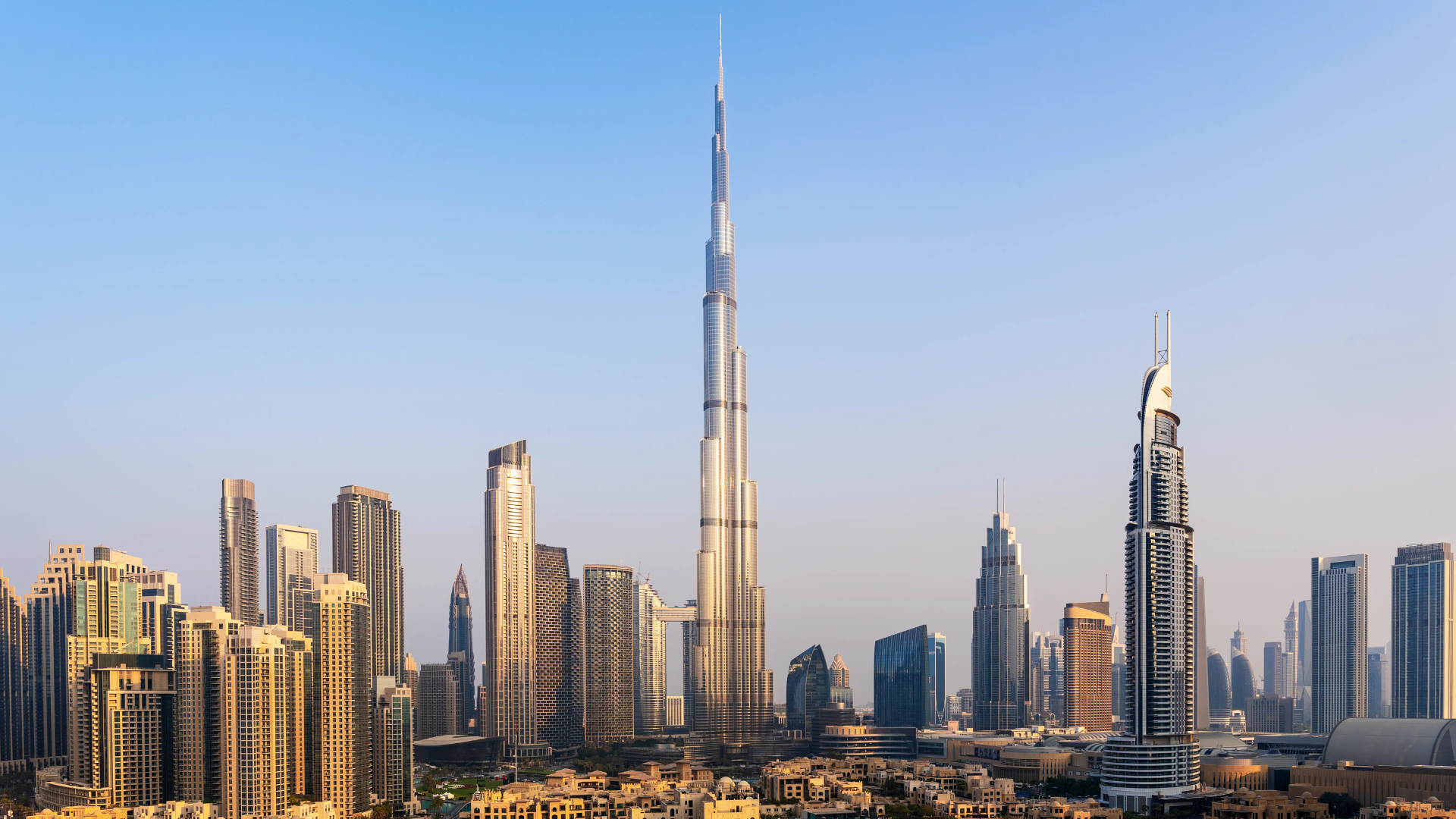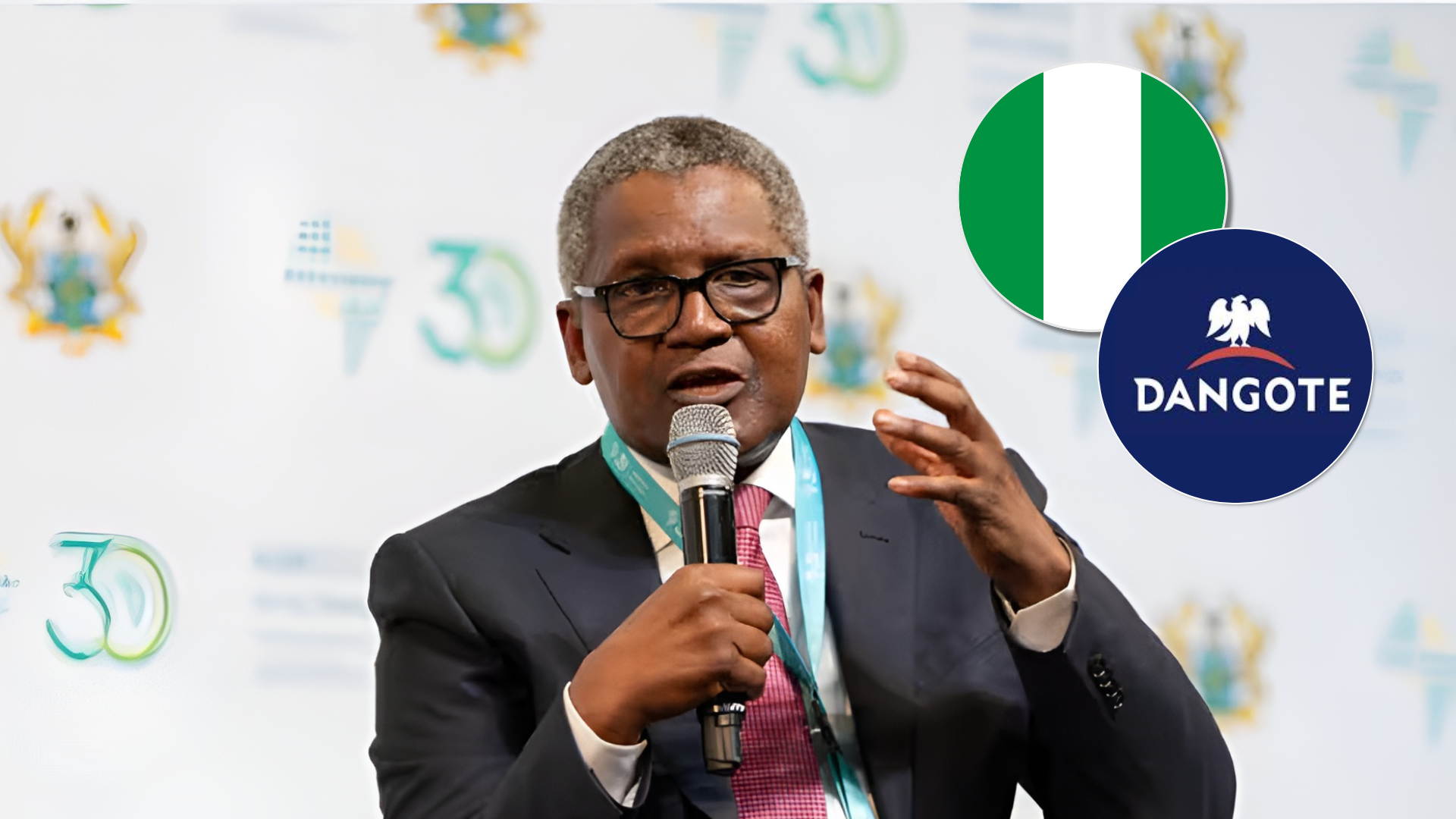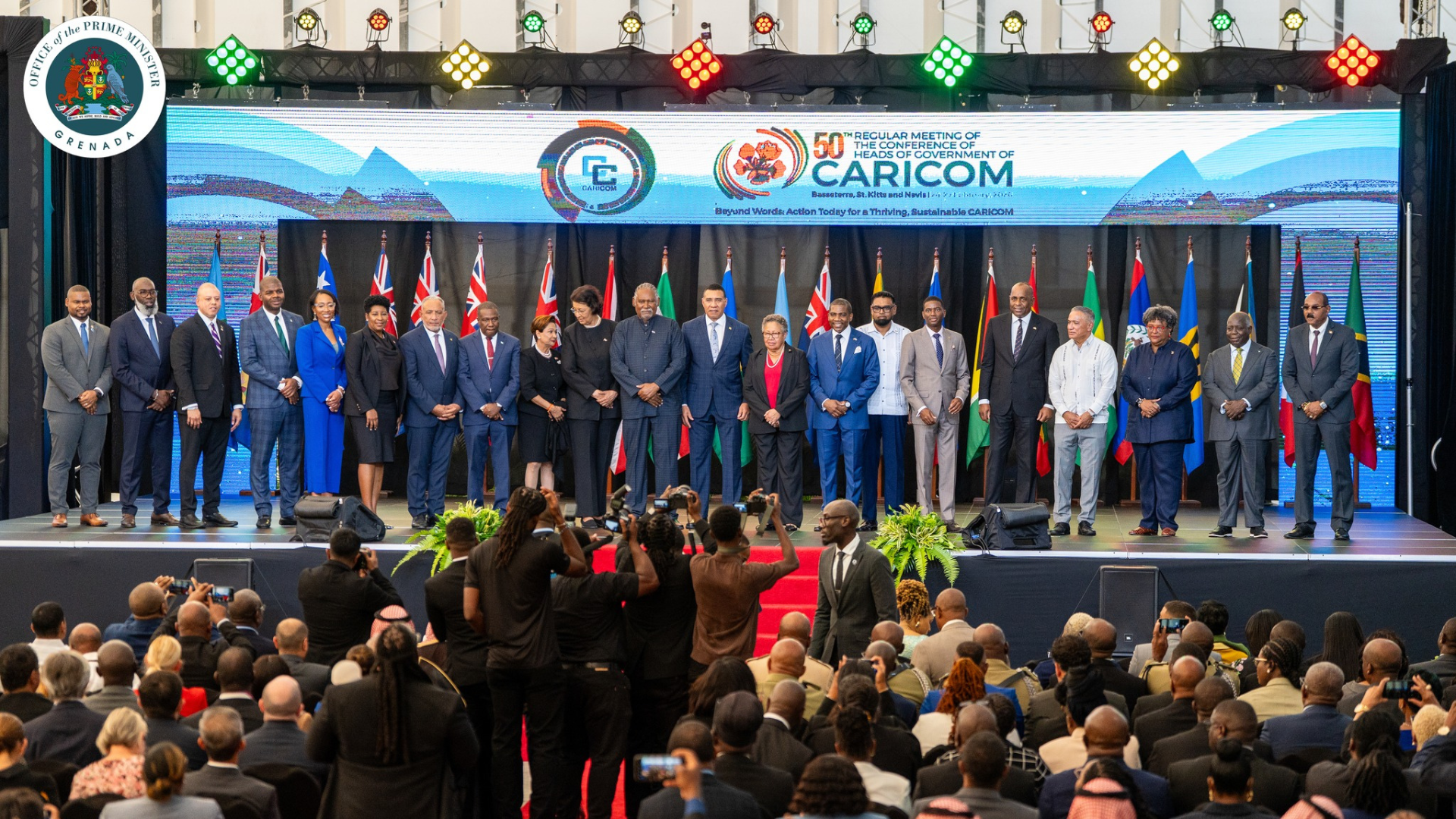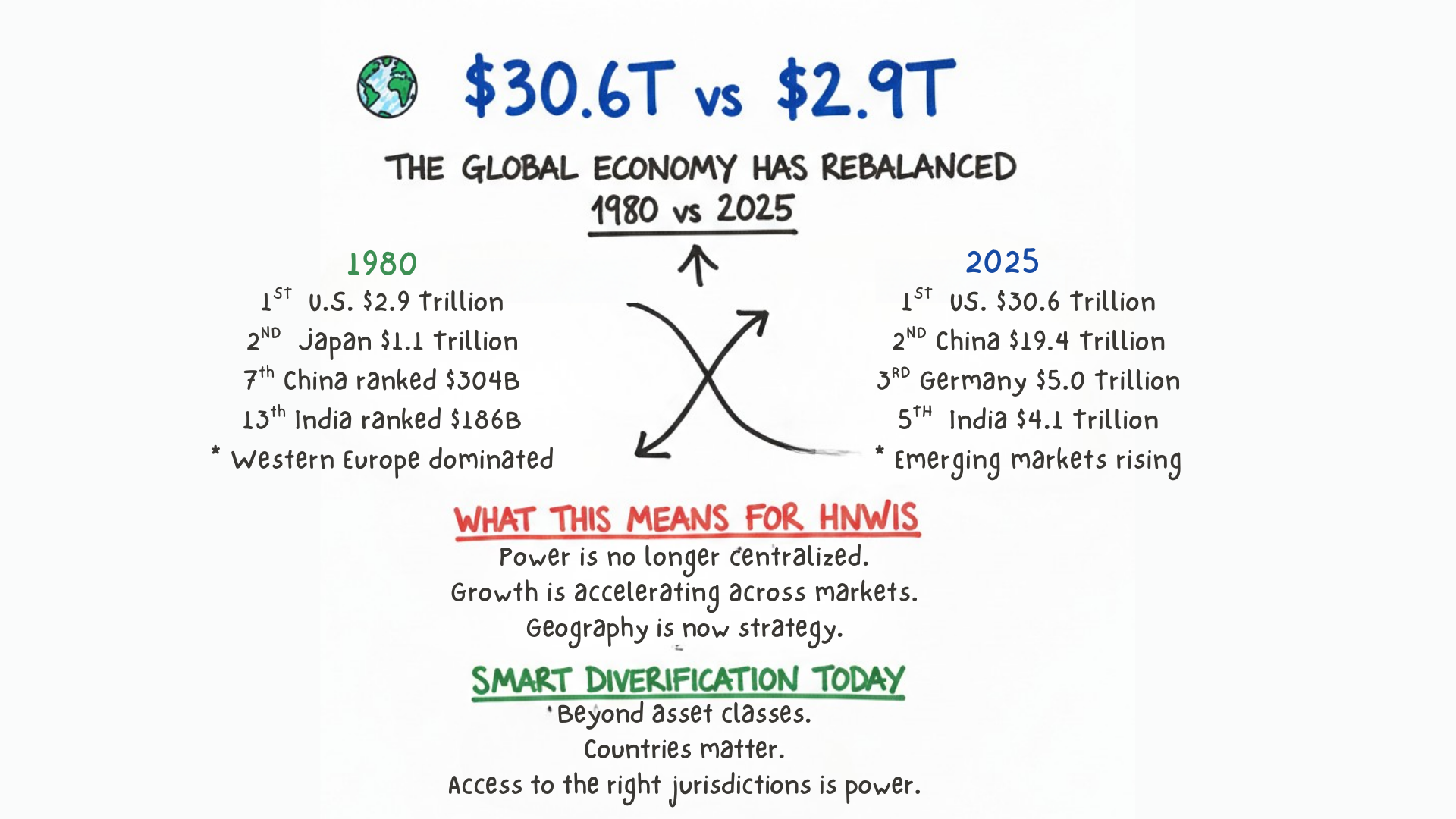From Talent to Ownership: Driving African Sports Investment
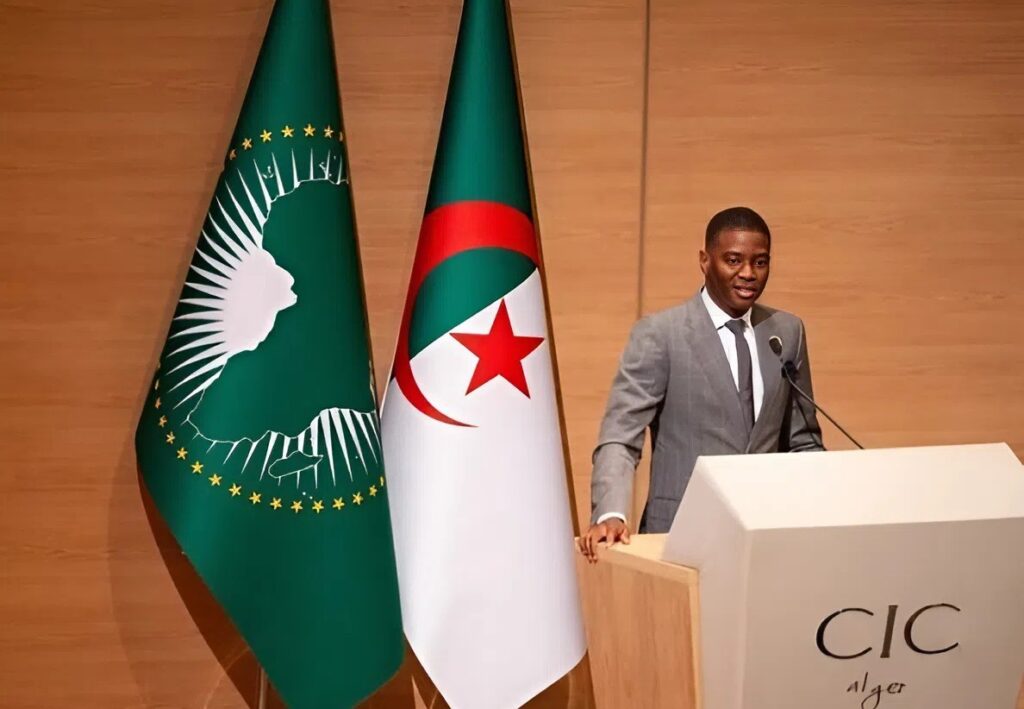
- Control: Setting terms, making decisions, and shaping the future of sports.
- Profit: Earning from broadcasting, sponsorship, ticketing, and merchandising.
- Legacy: Building wealth that lasts beyond careers.
- Representation: Telling our stories, promoting our values, and inspiring future generations.
Where the Investment Opportunities Lie
- Sports Clubs
- Investing in or founding local and regional clubs creates a base for talent development and commercial success.
- Stadiums and Infrastructure
- Modern facilities attract international games, tourists, and events. They also serve as hubs for community engagement.
- Media and Broadcasting Rights
- Controlling how African sports are shown and told ensures that profits stay within the continent and diaspora.
- Apparel and Branding
- Sportswear, merchandise, and brand endorsements are massive industries. Ownership here multiplies revenue and cultural reach.
Bridging the Gap: From Participation to Ownership
- Public-Private Partnerships: Governments and investors can work together to fund infrastructure and support grassroots sports.
- Diaspora Investment Programs: Encouraging Africans abroad to invest in home-grown sports ventures.
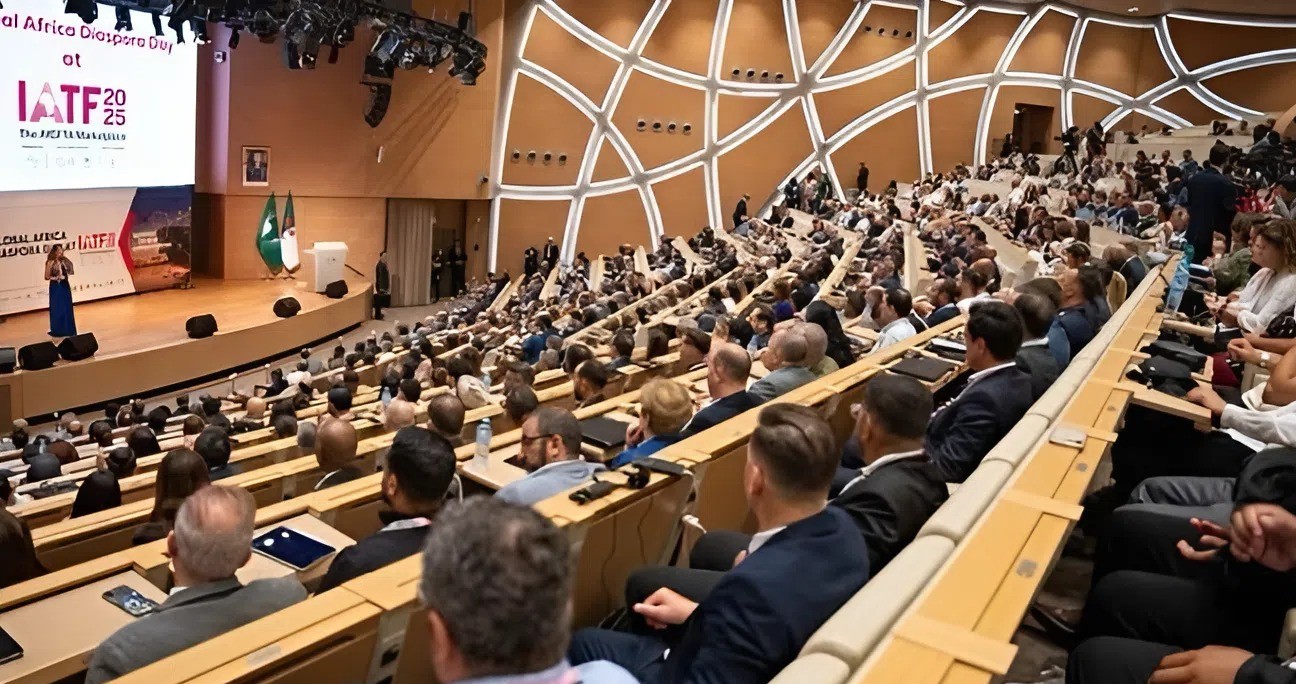
- Real estate investments in stadiums and training facilities
- Start-ups focused on sports tech, health, and media
- Sports academies and youth programs
Contact us if you are interested in Citizenship by Investment
Our expert advisors will have a 1-on-1 consultation to find the best solutions for you and your family and guide you through the procedure.
Share this blog
Frequently Asked Questions
Related Articles
Beijing Is Watching Your Wealth; Turkey Offers a Legal Pathway
In an era of rising financial scrutiny, global investors are taking action. Discover why 89% of Chinese HNWIs are exploring…
African Citizenship by Investment for Strategic Global Investors
African citizenship by investment is gaining attention among global investors seeking diversification, mobility, and access to emerging markets. As African…
58% of New Trade Growth Happens Outside the U.S.
58% of New Trade Growth Happens Outside the U.S., marking a structural shift in global economic power. As trade momentum…
CBI in Times of Uncertainty: When One Passport Is Not
Global uncertainty has changed the rules of wealth preservation. In today’s environment, one passport may not provide sufficient protection. This…
Nigeria Dangote Refinery Investment Opportunity for Strategic Investors
Nigeria’s Dangote Refinery investment opportunity reflects growing capital market maturity and infrastructure scale. For high net worth individuals and global…
13 CARICOM Nations Attract Over 1 Billion Dollars from 5
13 CARICOM nations attract over 1 billion dollars from 5 global powers, reinforcing regional credibility and investment stability. Sovereign commitments…
From Western Dominance to a Multipolar Economy (1980–2025)
From 1980 to 2025, global power shifted from Western dominance to a multipolar economy. Economic influence now spans several regions,…


